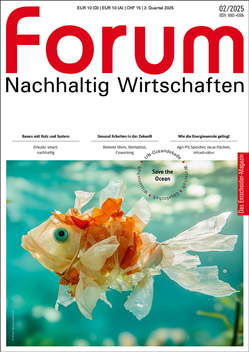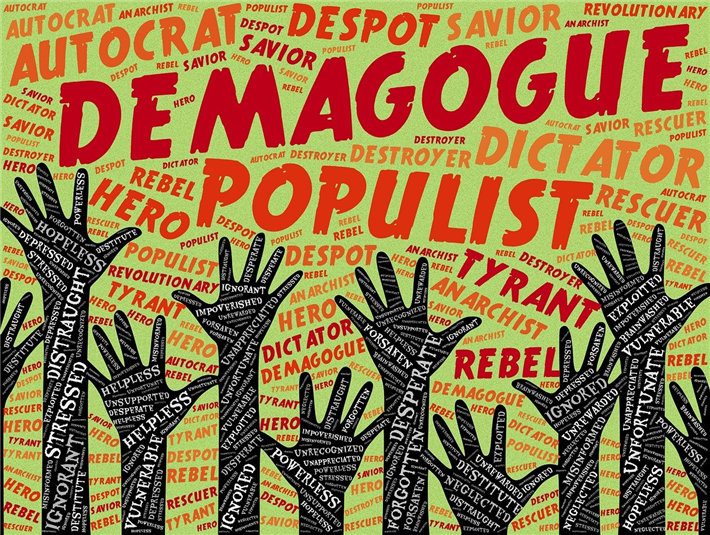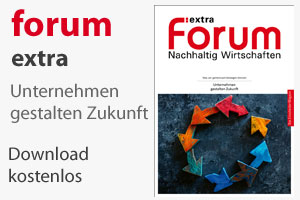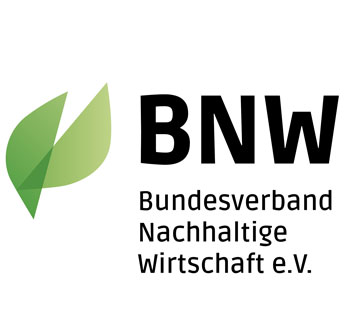Mainstreaming regenerative agriculture globally
Collaboration with carbon credits
"At COP27 we launched a collaboration with carbon credits, this way we aim to scale up the implementations and methodologies of regenerative agriculture”, said Merijn Dolls, managing director of the future economy forum.
 © Future Economy Forum
© Future Economy ForumImpacts of Regenerative Farming Methods
Various regenerative farming methods in diverse geographies and scales have proven to be more productive than the current chemical mainstream of agriculture, which makes them a better solution for food security.
Their higher productivity and reduced costs provide superior income for farmers and the opportunity for sustainable economic development of regions. They regenerate soil.
They don’t pollute the water but increase its holding capacity, which reduces the negative impact of heavy rain and floods.
They strengthen the health of farmers and consumers as well as biodiversity.
And because they sequester massive amounts of carbon, they are, in addition to renewable energy and efficiency, the most scalable opportunity to regenerate the climate.
Greater Productivity, Profits and Biodiversity
One of Future Economy Forum’s Brazilian partners, Leontino Balbo, co-owner of Native and Grupo Balbo, demonstrates the success of regenerative farming on 55,000 hectares. He is a model of all the above-mentioned regeneration benefits for which he has literally 23 different certifications. He produces 1/3 of the world’s organic cane sugar in ways that enable greater biodiversity on his only apparently mono-crop fields than in the surrounding forests.
Leontino is also significantly more productive than the most sophisticated chemical farmers. Besides benefitting from his greater productivity, he sells his product for a significant premium to some of the world’s leading food and cosmetic brands who want to be associated with his regeneration story. Therefore, he also advises other large-scale farmers with whom he successfully adapts his methodology to many other crops.
Community Methods to Scale Globally
On the other end of the spectrum is the work that APCNF’s Vijay Kumar does with one million very small-scale women farmers in Andhra Pradesh, India. Their regenerative farming methods have already helped 400,000 farmers to completely eliminate chemical inputs.
Many farmers have moved from one to two or three harvests, increasing their income and reducing their costs while regenerating soil, biodiversity and the climate. Their communities are strengthened by the additional income but also by the mutually supportive community farming approach.
Training Millions to Farm Regenerative
India’s prime minister Narendra Modi wants to expand his approach to other regions in India. Foreign governments in Africa, Asia and Latin America are also interested. Future Economy Forum is now exploring how his method can be applied in Sri Lanka, where their Sarvodaya Solutions Initiative is working with hundreds of villages.
Future Economy Forum is also collaborating with him on how to train thousands of ‘farmer trainers’ who can help to train millions of farmers across the Global South – see also their Solution Initiative that will scale this and other regenerative farming methodology with the help of local religious leaders.
Carbon credits to Enhance System Change
There are other inspiring, large-scale examples on all continents that clearly demonstrate that a new mainstream of agriculture is not only possible but already proven to work better than the current mainstream of chemical agriculture. Scaling their implementation can be enhanced by carbon credit and biodiversity credit schemes that Future Economy Forum is also supporting in other Solutions Initiatives.
At COP27, they launched a carbon credit collaboration that includes Egypt’s regenerative agriculture leader Sekem, the Egyptian government, the Cairo Stock Exchange, the Bank of Egypt, the U.N. World Food Programme and companies like Danone. This carbon credit scheme will help over 40,000 farmers to increase their income when they transition from conventional to regenerative agriculture. Beyond supporting the scaling of this initiative in Egypt, the Forum’s Solutions Initiative will help to scale it into other countries.
Spreading Scientific Solutions
Yet these facts and methodologies remain relatively unknown, even though their impressive outcomes have been scientifically verified by leading universities and government institutions, independently certified by national and international standards bodies and publicly embraced by the U.N., India’s prime minister Modi and French president Macron. This Solutions Initiative will therefore also strengthen communications about these facts in diverse media and in ways that are accessible and attractive to diverse stakeholders.
The Forum will also work towards improving certification systems that for many small farmers are complicated and too expensive. They also don’t yet effectively measure the amounts of carbon that are sequestered from the atmosphere and stored in the soil by agricultural operations, for example. This hinders the accurate calculation of carbon credits.
The Future Economy Forum, therefore, works with its international partners to scale the implementation of these methods and the recognition of these facts, the training of farmers and towards policies that reflect the public interest to mainstream regenerative farming into the new mainstream of agriculture.
Walter Link
NOW
Partners’ founding CEO. Former co-owner of Euro-Asian industrial group.
Co-founder & leader of first sustainable business networks across
Europe and the Americas. Advisor and coach to senior leaders in business
and other sectors. Passionately committed to co-creating a regenerative
economy within a regenerative civilization.
Umwelt | Wasser & Boden, 09.10.2023

Save the Ocean
forum 02/2025 ist erschienen
- Regenerativ
- Coworkation
- Klimadiesel
- Kreislaufwirtschaft
Kaufen...
Abonnieren...
30
APR
2025
APR
2025
Franz Alt: Die Solare Weltrevolution - Aufbruch in eine neue Menschheitsepoche
In der Reihe "Mein Klima… in München"
80331 München und online
In der Reihe "Mein Klima… in München"
80331 München und online
07
MAI
2025
MAI
2025
MakerCamp Genossenschaften 2025
Genossenschaftliche Lösungen in Wirtschaft, Kommunen und Gesellschaft
65189 Wiesbaden
Genossenschaftliche Lösungen in Wirtschaft, Kommunen und Gesellschaft
65189 Wiesbaden
14
MAI
2025
MAI
2025
Klimaschutz im peruanischen Regenwald
Delegierte der Asháninka teilen ihre Perspektiven
80802 München, Seidlvilla
Delegierte der Asháninka teilen ihre Perspektiven
80802 München, Seidlvilla
29
JUN
2025
JUN
2025
Constellations Week 2025 in Südtirol
Inspiration, Klarheit und Empowerment
I-39010 Tisens-Prissian, Südtirol
Inspiration, Klarheit und Empowerment
I-39010 Tisens-Prissian, Südtirol
Professionelle Klimabilanz, einfach selbst gemacht

Einfache Klimabilanzierung und glaubhafte Nachhaltigkeitskommunikation gemäß GHG-Protocol
Politik
 "Wir brauchen Menschen, die vom Geist Europas beseelt sind und ihn allen Widrigkeiten zum Trotz zur Geltung bringen wollen."
"Wir brauchen Menschen, die vom Geist Europas beseelt sind und ihn allen Widrigkeiten zum Trotz zur Geltung bringen wollen."Christoph Quarch überlegt, was wir den tyrannischen Ambitionen des globalen Trumpismus und des hiesigen Rechtspopulismus entgegensetzen können
Jetzt auf forum:
16 Steps Initiative | Für eine klimaneutrale Veranstaltungswirtschaft
Nachhaltige Mobilität im Personen- und Güterverkehr - Quo Vadis?
Diskurse und geballtes Energiewissen im Rahmenprogramm
Der Einfluss von Digitalisierung auf nachhaltige Geschäftsmodelle
Wie man die perfekte Wohnung für den Start ins Berufsleben findet


















